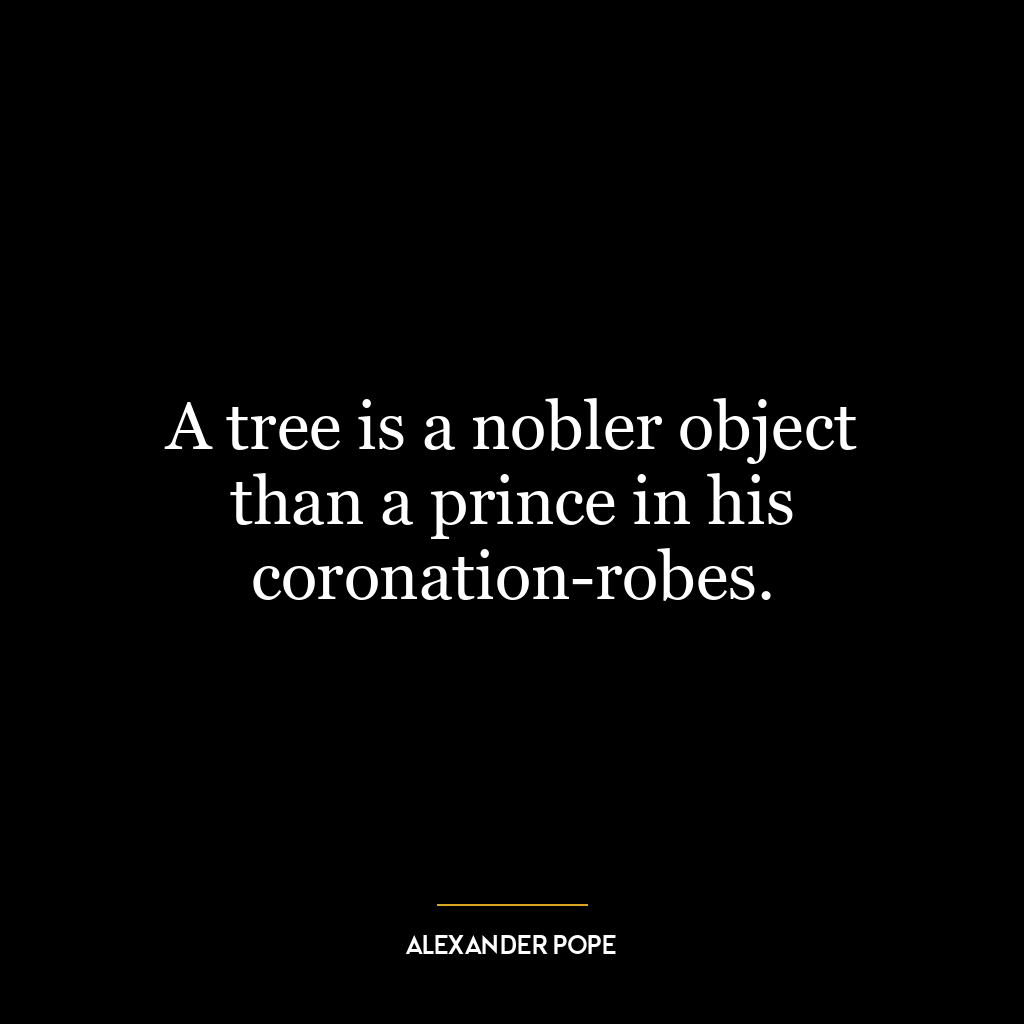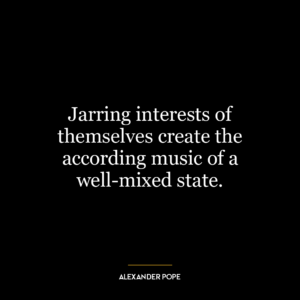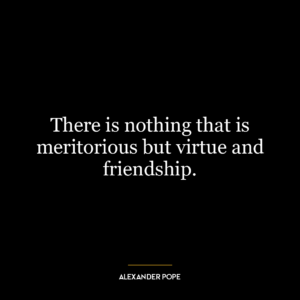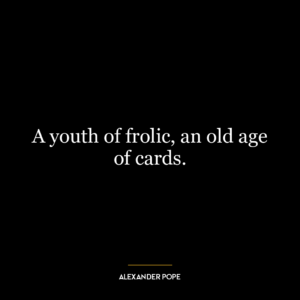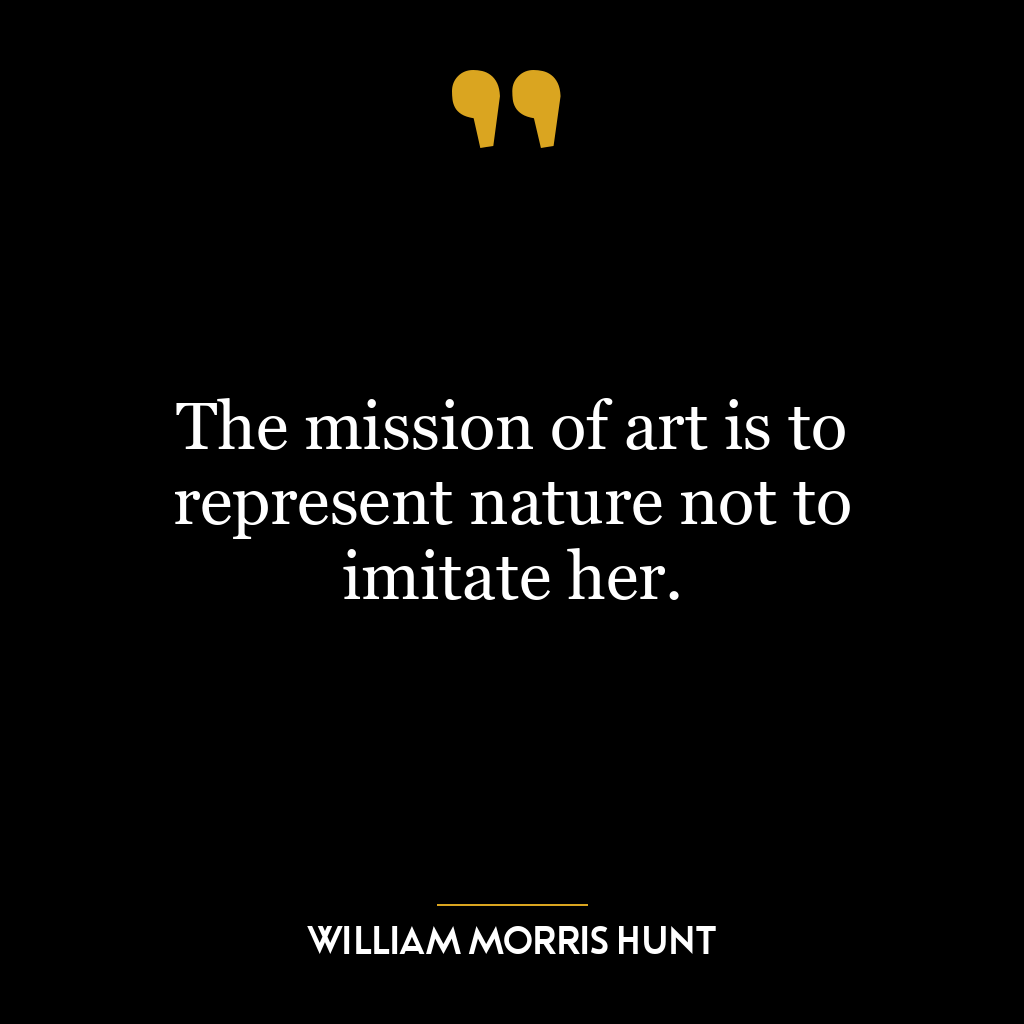This quote, "A tree is a nobler object than a prince in his coronation-robes," is a profound commentary on the inherent value of nature versus human constructs of importance and grandeur. It contrasts the natural elegance and majesty of a tree with the artificial, human-made magnificence of a prince in his coronation robes.
The tree, in this context, symbolizes natural beauty, purity, and the essence of life itself. It grows and thrives without any need for external validation or recognition, quietly contributing to the world by providing oxygen, shade, and habitat for other creatures. Its nobility lies in its unpretentious existence and its contribution to the ecosystem.
On the other hand, a prince in his coronation robes is a symbol of human pomp and ceremony, status, and power. His grandeur is derived from external adornment and societal recognition. However, this grandeur is transient and dependent on the societal structures that recognize it.
Applied in today’s world, this quote could be a reminder to value natural resources and the environment more than materialistic wealth and social status. It underscores the importance of being humble, genuine, and contributing positively to the world, rather than seeking external validation and superficial grandeur.
In terms of personal development, this idea encourages individuals to seek inner growth and personal fulfillment rather than focusing solely on societal recognition or materialistic achievements. It suggests that true nobility lies in being authentic, in contributing positively to the world, and in appreciating the simple, natural beauties of life. It also promotes the idea that we should respect and value all life forms and understand our interconnectedness with nature.

